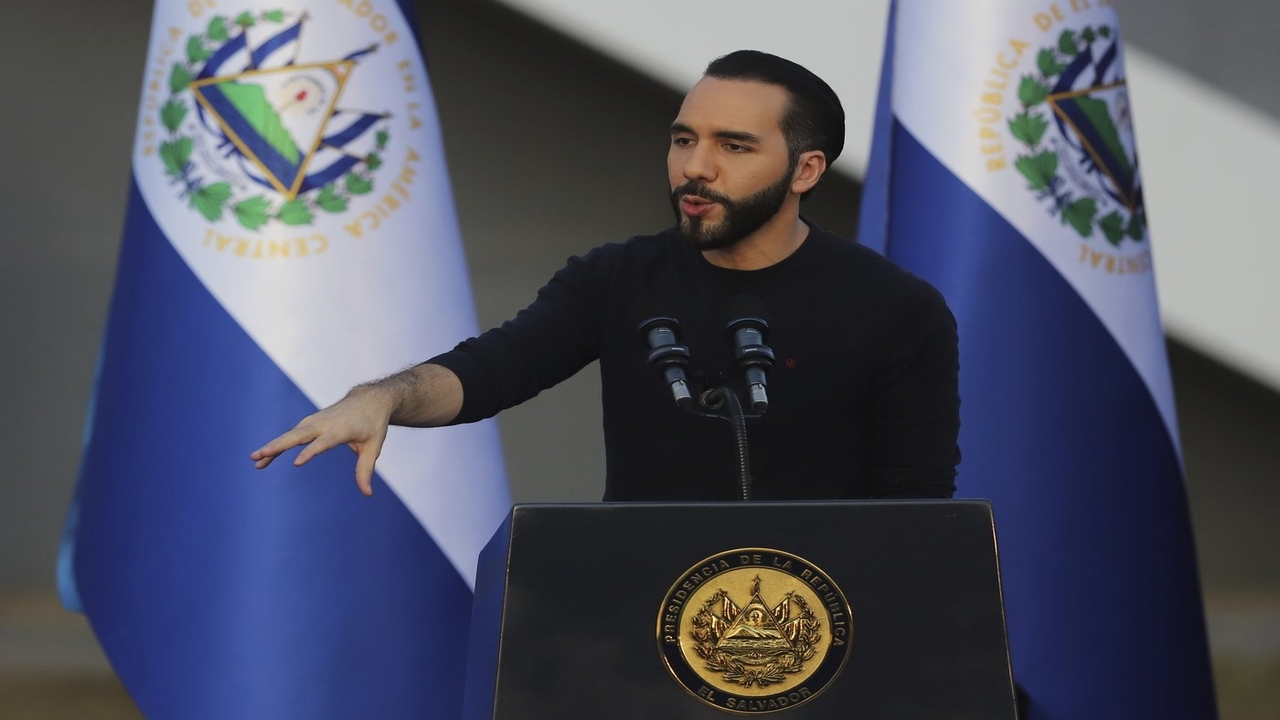El Salvador’s President Nayib Bukele is advancing the nation’s crypto plans, including installing Bitcoin (BTC) nodes in every household. Max Keiser, Bukele’s senior Bitcoin advisor, shared details of this plan, highlighting its goal of transforming the country into a fully-fledged Bitcoin ecosystem by 2025.
Keiser revealed that one of the New Year’s resolutions that President Bukele is preparing is Install a Bitcoin node in every home in El Salvador. This initiative seeks to accelerate the development of a decentralized nation-state model in the country. https://t.co/QSHhVGz9OK
— Max Keiser (@maxkeiser) January 14, 2025
Keiser Unveils Bukele’s Bitcoin Vision
In an X post, Keiser highlighted Bukele’s vision to make Bitcoin nodes a household feature, positioning El Salvador as a global leader in crypto adoption. According to Keiser, the initiative seeks to decentralize the economy, enhance financial inclusion, and promote a decentralized governance model.
Additionally, it aims to give citizens more control over their finances, reduce dependence on centralized systems, and foster broader participation in the crypto economy.
El Salvador Emerges as a Hub for Crypto Firms
While some critics have dismissed the idea as unrealistic and called it “cosmic dreams,” El Salvador is gaining attention as an attractive destination for crypto firms. Since enacting the Bitcoin Law in 2021, the country has consistently worked to embed Bitcoin into its economic framework.
Recently, two major crypto firms—Bitfinex and Tether—announced expansions into El Salvador. Bitfinex Derivatives, a subsidiary of its Seychelles-based parent company, secured a Digital Asset Service Provider (DASP) license, strengthening its presence in Latin America.
Similarly, Tether, the issuer of the largest stablecoin, obtained the same license and revealed plans to relocate its operations entirely to El Salvador.
Furthermore, President Bukele has introduced other ambitious initiatives, such as the Volcano Bonds, designed to raise $1 billion for Bitcoin mining infrastructure. The proceeds will also fund the development of Bitcoin City, envisioned as a central hub for the region’s crypto economy.
In addition, El Salvador has previously introduced other Bitcoin-focused initiatives, including the Chivo digital wallet, which enabled citizens to conduct Bitcoin transactions and receive government payments in cryptocurrency. However, following a $1.4 billion loan agreement with the International Monetary Fund (IMF), the government decided to discontinue the use of this wallet.
